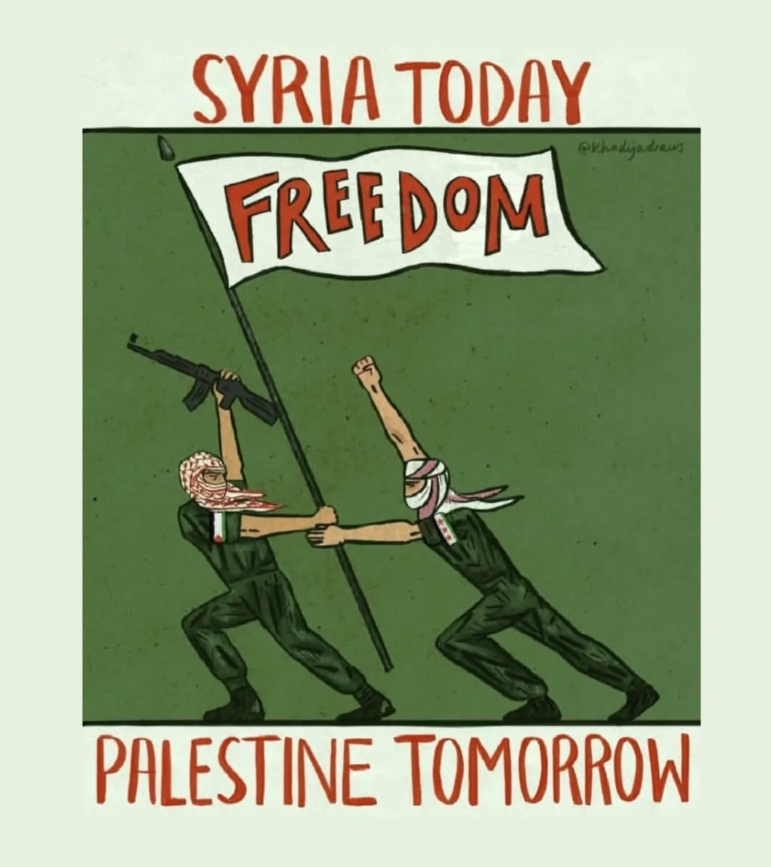
This episode explores how colonial histories, global capitalism, and systemic domination shape Western Asia or the Mashreq (often condensed as the Middle East) (post)colonial realities and, consequently, how we talk about the region. Joined by activist-scholars Dr Lina Koleilat and PhD candidate Tasnim Sammak, we unpack how to discuss and analyse the political machinations and discussion about the Mashreq, particularly in relation to recent developments in Syria. The episode also shows how diaspora communities situate these movements within the broader context of resistance against global power systems.
Dr. Koleilat is a writer and an activist-scholar. She is a specialist in historical and ethnographic approaches to the study of protests, resistance, social movements and religion. She has been working with and learning from communities who resist war and government oppression to understand the genealogy of activism within specific historical, cultural and political contexts. Lina comes to the questions that drive her work and activism as a Lebanese-Palestinian scholar born and raised in Beirut and who directly experienced the horrors of war, dispossession and militarism.
Tasnim Sammak is a PhD candidate at Monash University, a faculty member of education, and a Palestinian organiser with Free Palestine Coalition Naarm and Unionists for Palestine. Tasnim’s grandparents were exiled from Yaffa during the Nakba in 1948 to a refugee camp in Gaza, where her father was born. She helped found the Elbit Out of Victoria campaign.
More detail:
This episode focuses on Western Asia or the Mashreq, a region frequently mischaracterised and homogenised as ‘The Middle East.’ Rooted and structured by modernity, this space is deeply entangled in a (post)colonial matrix of power where larger imperial powers struggle over control of resources, land and people. As a result, authoritarian regimes are often justified as the 'inevitable' result of so-called development, following what some have labelled a decolonial period in the mid-to-late 20th century. But the reality defies such narratives.
Far from a liberated postcolonial landscape, the region remains a critical battleground against the imperial power matrix. This matrix, forged in colonial histories and sustained through global capitalism, occupation, and systemic domination, continues to shape the lived realities of people across the globe.
The continuing and devastating Israeli genocidal assault on Gaza starkly exemplifies how modernity, in its guise of progress and order, relegates Palestinian life to the peripheries of humanity. It exposes the liberal world order—an order that prides itself on values of freedom and equality—as one that simultaneously perpetuates occupation, dispossession, and violence, dehumanizing certain lives in favour of maintaining systemic power.
Cleis Hart, Kannagi Bhatt, Phuong Tran, Xen Nhà & Scheherazade Bloul.